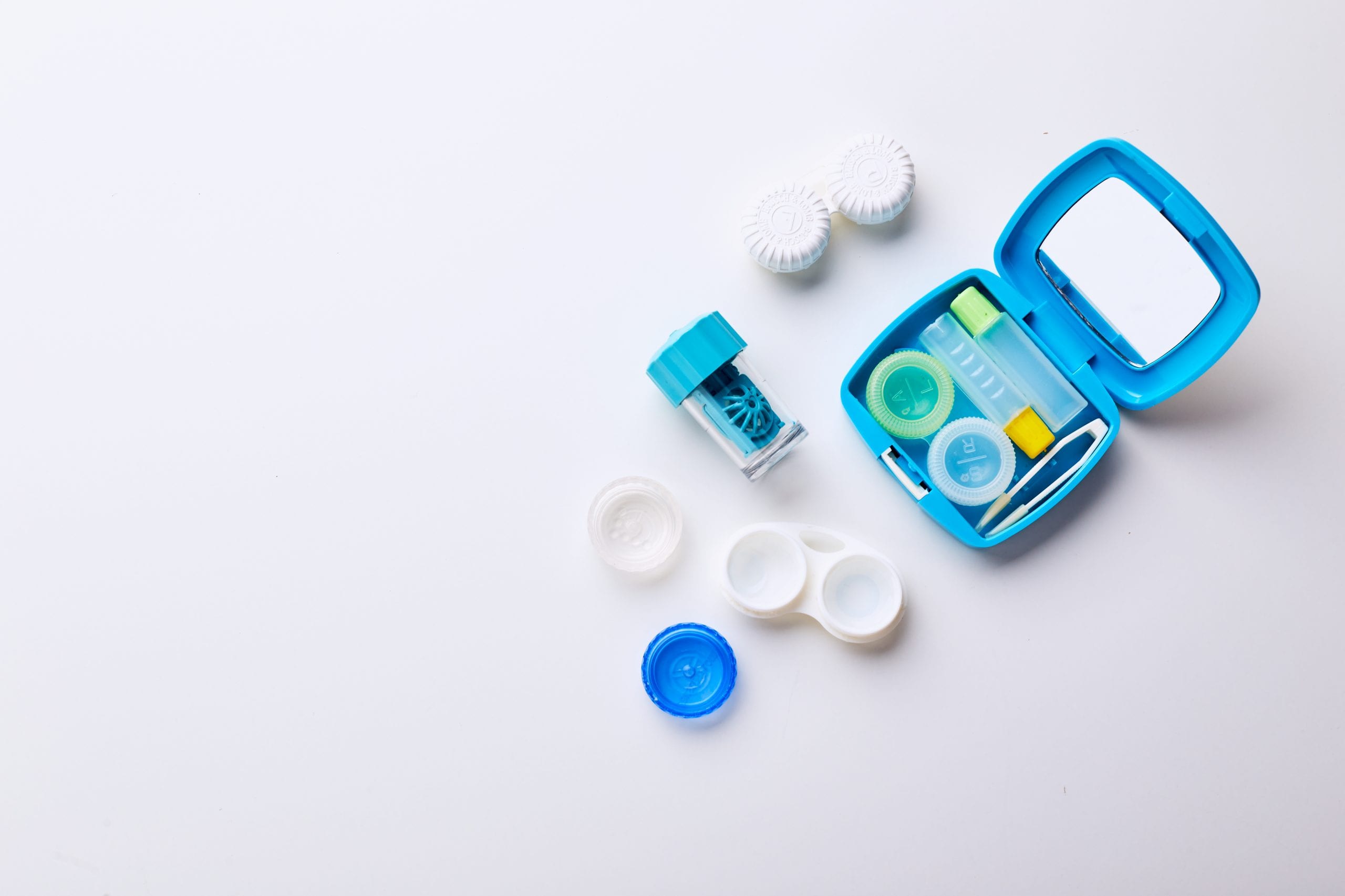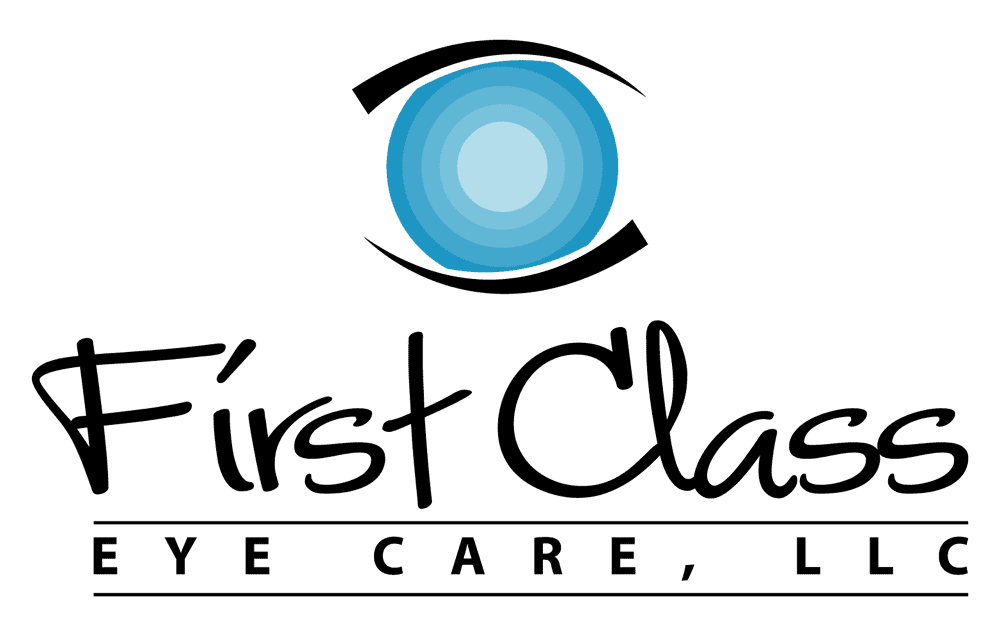Contact Lens Care

Did You Know?
Contact Lens Q&A
First-time wearer? No worries. We love introducing patients to contact lenses for the very first time. Our knowledgeable team will teach you how to insert, remove, and handle contact lenses like a pro.
Absolutely. Children do extremely well with contact lenses when they are self-motivated. Good hygiene habits are important as well.
There are also special contact lenses that are used to control progression of near sightedness, also known as myopia control. We currently offer MiSight and Ortho-K contact lens technologies to help slow down how fast your child’s prescription changes.
The contact lens exam involves a detailed measurement of the front surface of the eye. Our doctors will use special instrumentation to evaluate your prescription, and use that unique data to recommend the best contact lens option for your eyes based on size, prescription, preference, and lifestyle. The selected contact lenses are then evaluated on the eye to assess proper fit, movement, and vision.
Soft Contact lens options:
•Spherical
•Toric (Astigmatism)
•Multifocal
•Multifocal Toric
•Monovision (One Eye Distance / One Eye Near)
Specialty contact lenses such as scleral lenses, rigid gas permeable lenses (RGP), and hybrid contact lenses are often used for “hard-to-fit” cases. Common eye conditions that may require specialty contact lenses like sclerals include:
·Keratoconus / Pellucid Marginal Degeneration
·Corneal Transplant
·Dry Eye Syndrome
·Post-LASIK, or other refractive procedures
For patients with special conditions or needs, our eye doctors will evaluate your eyes and vision to identify if specialty contact lenses are the best option for you.
In general, we do not recommend patients to sleep in contact lenses. However, there is one exception, and this technology is called Orthokeratology (Ortho-K):
Ortho-K refers to contact lenses that work by reshaping the eye while you are asleep (yes, you wear the contact lenses at night, and remove them when you wake up the next morning). By reshaping the eye, the lenses temporarily correct your vision so you are glasses and contact lens free during the day. These lenses act as a retainer, but for the eye.
This technology has been around for many years. Ortho K lenses can be worn by adults and kids, and are especially beneficial for younger patients as they can help slow the progression of myopia (near-sightedness). Insurance does NOT cover Ortho-K lenses, but many patients find that the cost of treatment is well worth the results.
